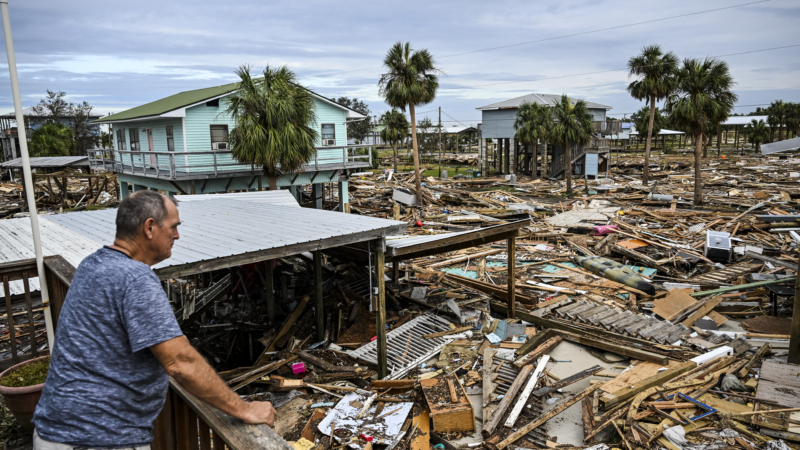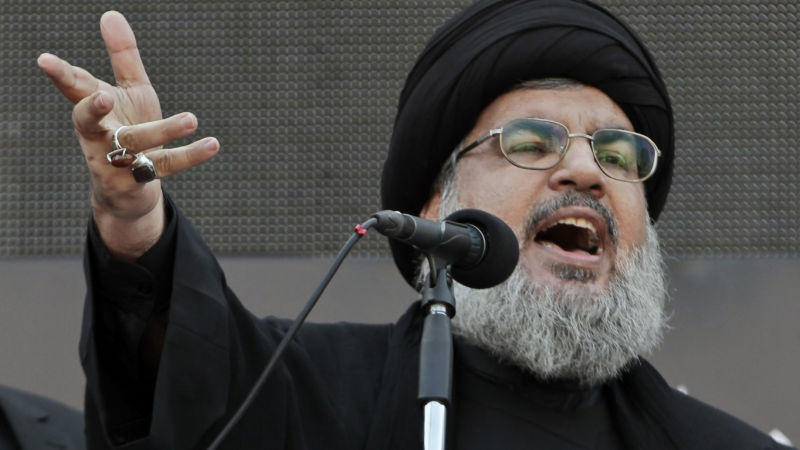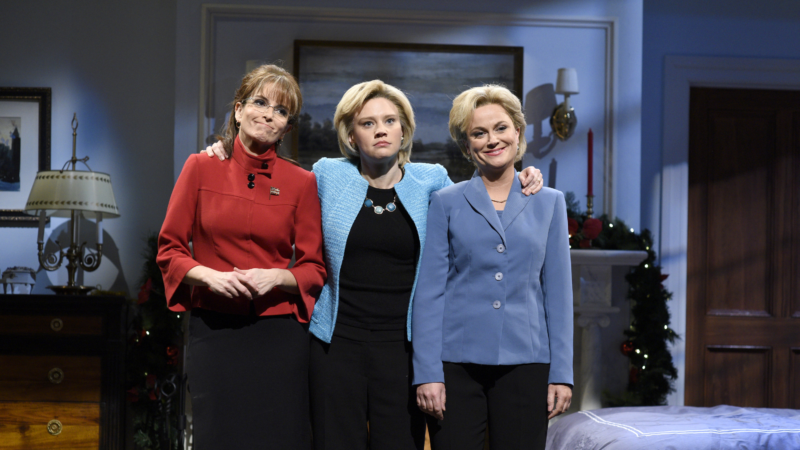Analysis: Hassan Nasrallah’s killing transforms an already deadly regional conflict
Israel’s killing of Hassan Nasrallah, the long-time Hezbollah leader, has transformed an already complex and deadly regional conflict, with a broad array of potential outcomes for Israel, Gaza, Lebanon and beyond.
Prior to the powerful series of airstrikes that hit several residential buildings in southern Beirut on Friday, analysts in the Mideast had speculated that Nasrallah had left Lebanon following the widespread pager explosions earlier this month, but then soon after returned, as the United States presented an initiative that would lead to a 21-day ceasefire between Hezbollah and Israel.
Those thousands of remotely detonated blasts — subsequently sourced to walkie-talkies too — had targeted members and allies of Hezbollah, and represented a significant blow to the group. A subsequent Israeli airstrike had then killed Hezbollah’s chief of staff, and by Friday the Israeli military says Nasrallah was meeting with several other senior commanders.
Amer Al Sabaileh, a Jordanian security expert and close observer of Hezbollah, said the fact Nasrallah was willing to take the high risk to his life of gathering with other Hezbollah commanders amid Israel’s campaign indicates the group was in crisis after two weeks of crippling Israeli attacks.
“The level of shock among Hezbollah cannot be measured,” Al Sabaileh said. “Simply, they never expected that Israel would initiate and would continue, and does not stop attacking Hezbollah.”
And the regional consequences could be significant too, according to Sanam Vakil, director of the Middle East and North Africa program at the British think tank Chatham House.
“Iran will be looking for some way to turn the tables and save some face,” Vakil wrote in a long series of online posts about the killing and its impact on Iran’s so-called “axis of resistance” that includes Hezbollah, Hamas and other militant groups like the Houthis in Yemen. “The axis has not proven effective at providing Iran deterrence against Israel, or a Gaza cease-fire.”
But Orna Mizrahi, an Israeli security expert from the Institute for National Security Studies in Tel Aviv, said Israel’s successes in degrading Hezbollah’s leadership structure and military capabilities could be leveraged to reach a lasting agreement that would force Hezbollah forces back from Lebanon’s border with northern Israel.
“The weakened and battered state of Hezbollah provides a short window of opportunity to diminish its strategic capabilities further before civilian harm prompts international pressure on Israel to cease operations,” she wrote in an analysis. “Simultaneously, Israel must develop a coordinated exit strategy with the U.S. to end the northern conflict.”
Hezbollah’s succession plans and the process by which Nasrallah may be replaced are opaque, but should follow a blueprint that saw his own elevation more than 30 years ago, according to Nick Blanford, a nonresident senior fellow with the Atlantic Council’s Middle East Programs and long-time expert of Hezbollah based in Beirut.
“The morale blow is going to be massive for Hezbollah, but technically it should be a repetition of what happened in ’92,” says Blanford. “The Shura Council sits down and they elect somebody else.”
SpaceX launches ISS-bound crew that hopes to bring home 2 stuck astronauts
Two astronauts were launched on a five-month mission that also hopes to rescue two NASA astronauts left behind on the ISS. The four are expected to return to Earth in February.
Gear up for a good ride: How and where to safely bike around Boston with pals this fall
Before you put on your helmet or unlock that BlueBike, these Boston-area cycling experts offer tips to help you feel safer and more confident on two wheels.
Death toll from Hurricane Helene mounts as aftermath assessment begins
More than 50 people were reported dead across the southeastern U.S. and millions without power as forecasters braced for “catastrophic” flooding.
Who was Hassan Nasrallah, the Hezbollah leader killed by Israel?
Under his leadership, Hezbollah, funded by Iran, became one of the most powerful militias in the Middle East, boasting a military force stronger even than the Lebanese army.
‘SNL’ has always taken on politics. Here’s what works – and why
As a historic election looms, Saturday Night Live faces an ongoing challenge to make America laugh – and process an increasingly strange political world. Jean Smart hosts the show’s 50th season premiere on Saturday.
Why the price of eggs is on the rise again
The price of eggs has risen by about 28% in the past year, largely due to outbreaks of avian flu. Those prices could continue to climb during the holidays, as demand for baked goods increases.





